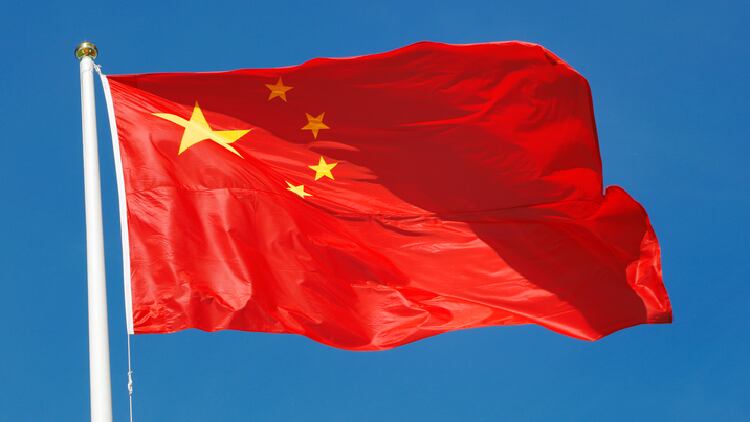The reduction is said to be a major one and the facility is now running at the “minimum level which is technically possible” so that the plant could resume to a higher production rate when the time comes.
Production will be reduced for about six to eight weeks, and the Dutch MNC said it would re-evaluate a ramp up of the production next year after Chinese New Year.
DSM’s other vitamin C facility in Dalry, Scotland, is not impacted.
“We have reduced the output to the minimum level which is technically possible such that the plant’s integrity is not at risk, and that the plant stays in a good shape for production to ramp up again,” Stefan Scheuplein, vice president water soluble vitamins told NutraIngredients-Asia.
The reduction was a complex technical operation that has to take place gradually, Scheuplein said.
The company started noticing that producing vitamin C at the current pricing was not sustainable around the first half of this year.
“I would say that this situation started in the first half of this year, when the northern hemisphere came out of winter.
“This whole situation started slowly and manifested itself in the summer and in the last couple of months.
“We tried to maintain our operation as good as we can and see if things change. We also tried to talk to our customers and see if we could do something to improve the situation, but things didn’t change.
“[Reducing the output] is not the first thing that we always do. We waited for quite some time and we just cannot sit and watch this anymore.”
Market conditions affecting decision
Scheuplein said that the company routinely evaluated their production level and under normal market conditions, it would not have chosen to reduce production rates.
“Under normal market conditions, the answer most of the time, would be to keep running the existing production rate. But it’s a bit different now because of the economic circumstances we are in.
“DSM is very much committed to sustainable manufacturing of high-quality products to protect the environment, to do innovation, to run a world class operation.
“We just need a certain price which covers our costs, allows us some margin so that we can, found in finance, mid long term, the standards of our operation, our environmental protection, all of that our innovations and the current price range for vitamin C does not allow a sustainable operation according to the standards which we are committed to.”
Last month, DSM also announced a halt to its animal grade Rovimix vitamin A production and a reduction of its animal grade Rovimix vitamin E-50 production in Sisseln, Switzerland.
The reduction would span across at least two months, starting from January 2 next year.
A myriad of reasons
Uncertainties in the global economy, inflation, consumers tightening their purse strings, and a flattened demand for vitamin C were cited as factors affecting the sustainability of current production rates.
“During the coronavirus pandemic, vitamin C demand was very good, because people realise that it brings a lot of benefits to your immune system.
“Now after the coronavirus, people took lesser dietary supplements, demand went down and then there is the overall reduction or depression of economic demands, so demand is weak, and then there's a high level of uncertainty. That’s for sure one of the issues.
“That's why the vitamin C price is currently not supporting a sustainable level of operation,” Scheuplein explained.
Nonetheless, he believes that with the wide applications of vitamin C, demand would get back on track when the market conditions improve.
“I personally think that APAC is a very dynamic region and important market. I am confident that sooner or later, we will all get back on track.”
He emphasised that aside from dietary supplements and food fortification, vitamin C was also widely used as an antioxidant or preservatives in processed foods and beverages.
“Vitamin C is not a new product. It can be used as an antioxidant in processed foods. If people are consuming more processed foods, you need more vitamin C as an antioxidant.
“If more people are taking dietary supplement, you need more vitamin C…And so I think if the economic growth comes back to normal, things will come back to normal, it is a matter of when and how fast.”





